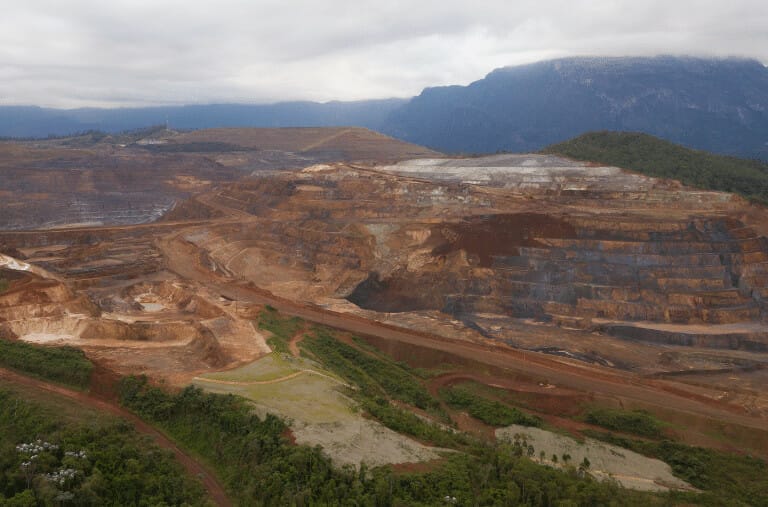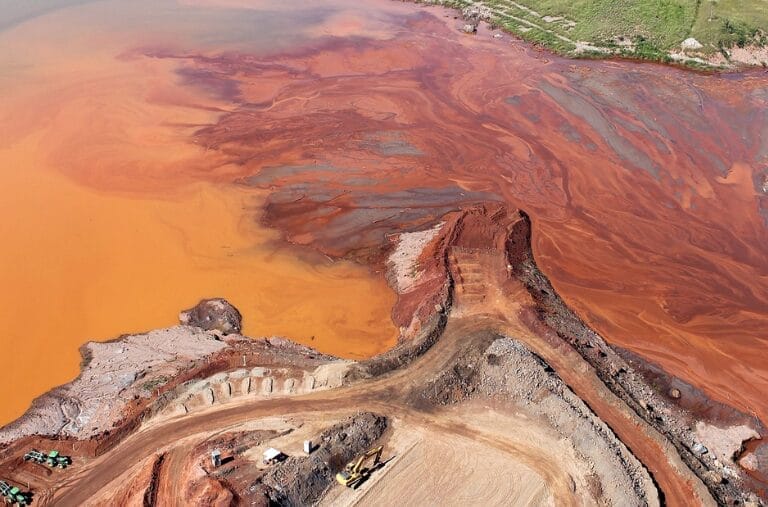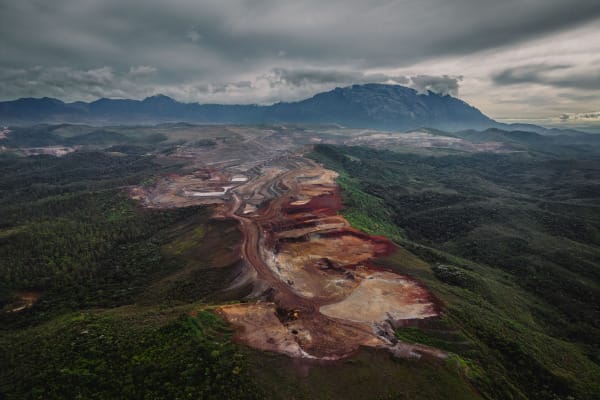On 5 November 2015, a devastating mudslide following the collapse of the Fundao Dam tore through Mariana, Brazil, destroying entire cities, decimating the environment and destroying historic, cultural and religious traditions in the area.
19 people lost their lives, tonnes of fish died, and over 600km of waterways were polluted in what is regarded as Brazil’s worst environmental disaster.
The cause of this collapse is allegedly the negligence of Samarco, the mining company operating the fundao dam, which was created to dispose of toxic iron ore tailings from mine extraction.
The company is accused of ignoring warning signs that the dam may breach, in pursuit of increased growth and ramping up profits.
Our firm, an international law firm is bringing claims on behalf of over 200,000 claimants (comprising individuals, businesses, foundations, churches, municipalities, utility companies and indigenous communities) against BHP Billiton, the Anglo-Australian co-parent company of Samarco, for the damages arising from the fundao dam disaster.
On 22 July, an 8-day procedural trial started to determine whether English courts have jurisdiction to hear the matter. If this case is decided in the positive, then a trial on the merits will consider BHP’s liability at a later date.
At the heart of the jurisdiction challenge is whether England is the appropriate forum to hear the case or whether the court should stay the matter in favour of proceedings that seek redress in Brazil.
The English Court will consider factors including whether the proper administration of justice demands a stay in England.
This inquiry must practically evaluate whether the claimants will have access to justice in Brazil and whether, Brazil would be the natural forum to hear the case, being mindful of comity concerns.
Access to justice in Brazil is contentious. While the Brazilian legal system is recognised across the world, real access to justice requires timeous and effective remedies.
The claimants argue that the cases in Brazil are many years away from completion, if ever, and that the Renova Foundation (a private remedial body, set up and managed by the companies themselves) is illegitimate, ineffective, and obstructs justice.
These criticisms are not merely asserted by disappointed victims, but are articulated by NGOs, universities, the Brazilian Public Defender’s Office, as well as by the United Nations.
Since BHP remains defiant in admitting liability and seems to merely defensively posture at redress, a case in England may be the only way for the claimants to have the opportunity for redress.
Claims will be brought under Brazilian Law which has strong environmental law protections and extensive liability for controlling parent companies.
Amongst the losses suffered by the claimants are; life, health, property, income and profit, way of life, traditions, practices, customs, heritage, safe water, food security and safe environment. Damages are estimated at over £5 billion.
The delays, obstacles and disrespect experienced by Fundao Dam claimants through the current systems that control access to compensation in Brazil further exacerbates the abuse of rights.
In order to redress these violations, the rule of law would require enforceable remedies for the Fundao Dam claimants. While damages for the losses sustained offer some comfort and means to rebuild life, there is an important public interest consideration that BHP, as the world’s largest mining company, should have a liability determination decided.
The absence of such a decision would leave uncertainty as to the seemingly unfair and unjust immunity of big business at the expense of local, innocent Brazilian individuals and entities, further entrenching the unequal power dynamics of the parties to the case as well as perpetuating multinational corporate abuses in the Global South.
Such corporations should not be free to act imperviously with no incentive to take responsible decisions going forward while pursuing profit and expansion at all costs.
On the facts of the case, a liability ruling against BHP would set the legal stage to discourage other future disasters, which sadly, have already occurred.
By the English Court accepting jurisdiction, it is possible to begin to create a shift necessary for tackling abuse and human rights violations.
Through resourced and capacity-capable jurisdictions exercising their global duty to ensure international human rights accountability, it is hoped that multinationals will pursue their human rights responsibilities and not just their market aspirations.
Author: Jade Weiner, Senior Associate
This article first appeared on Oxford Human Rights Hub









